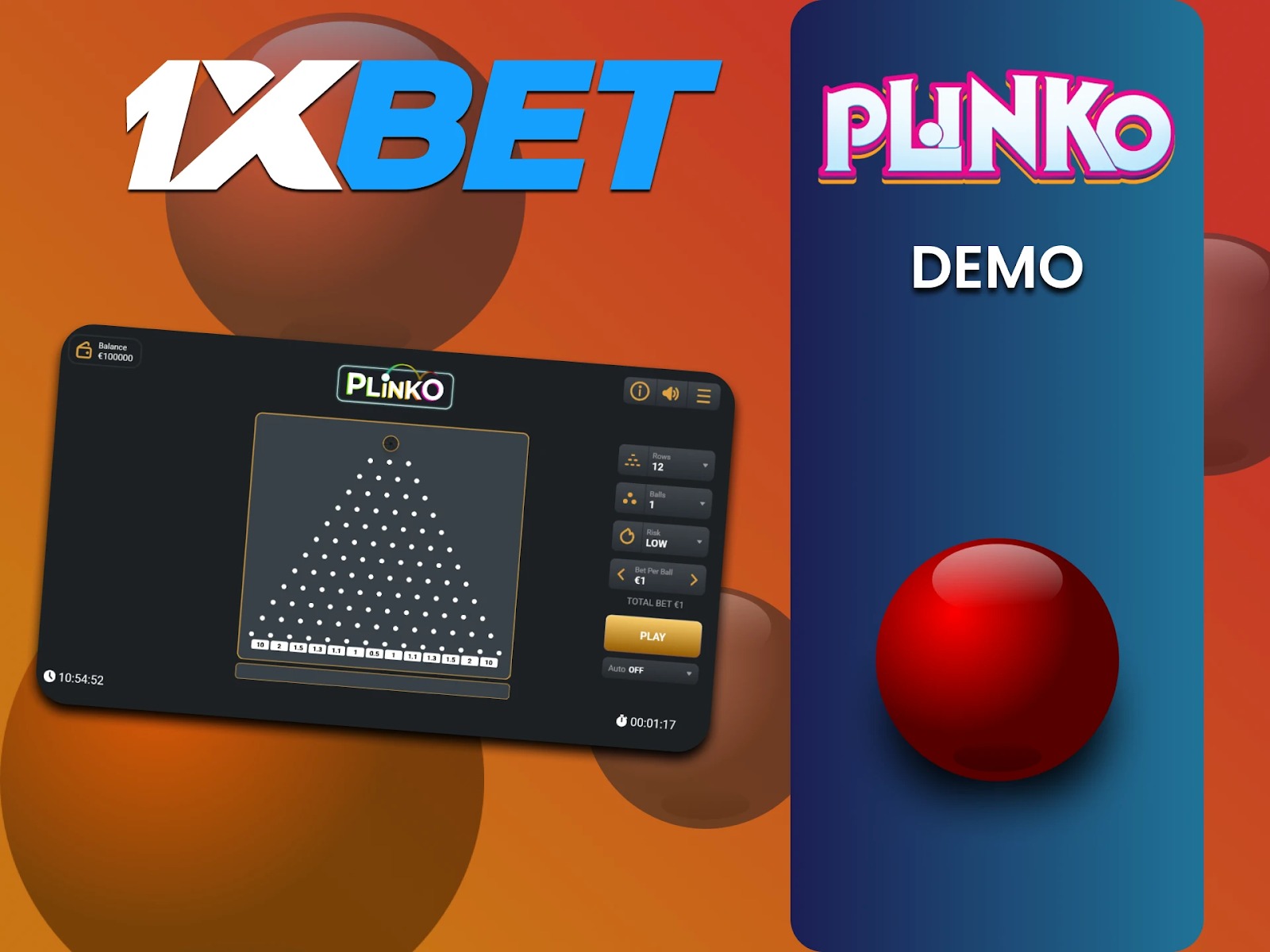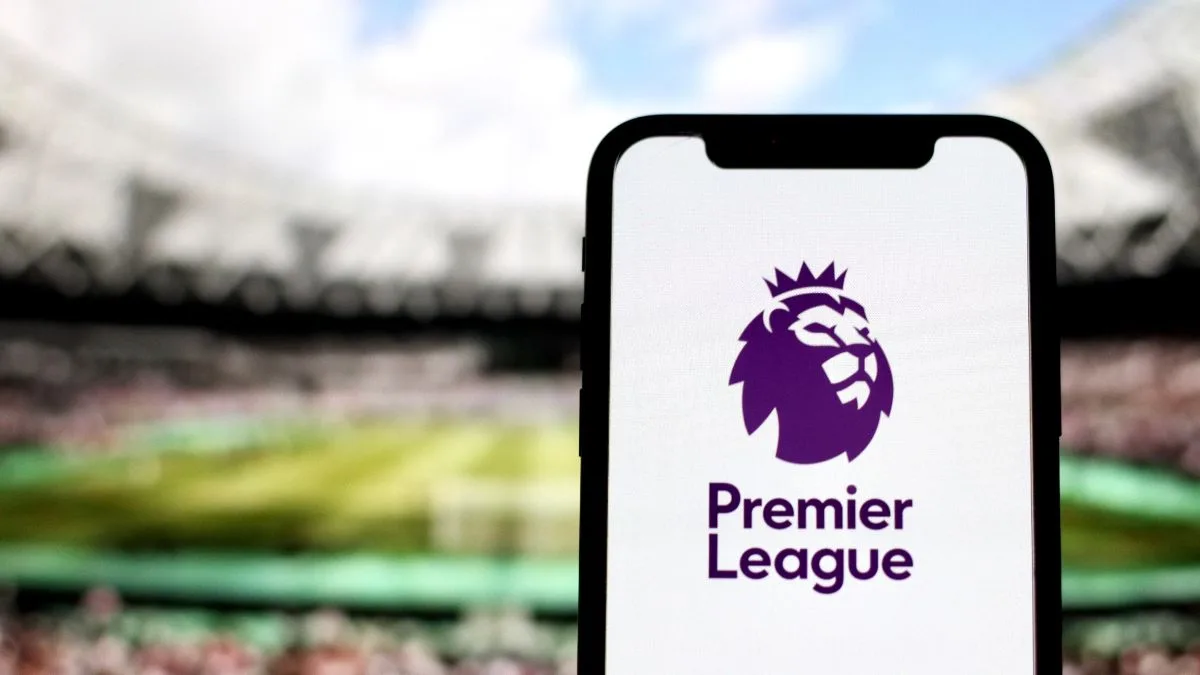Some of the oldest game formats are now finding new life online. Street-style games, which rely more on human interaction than on polished graphics or casino-style setups, are being adapted for modern players. The result is a wave of digital tools that still feel social, even when people are playing from separate rooms, cities, or countries.
This is one of the simplest games around. It’s also one of the most popular thanks to the fact that it brings people together. It’s a game that has been played informally on the streets for generations, and its popularity only ever seems to increase.
Wondering how it works? A shooter rolls two dice. If they hit 7 or 11, they win. If they hit 2, 3, or 12, they lose. Any other total becomes the point, and they keep rolling until either that number or a 7 comes up again. Players around them can place small bets on the outcome, either backing the shooter or betting against them.
The appeal is in the quick reactions, the mix of luck and timing, and the crowd responding to every roll. You don’t need cards, chips, or an account. You just need people, dice, and a flat enough surface. That’s why street craps rules are often passed down by watching, not reading.
Digital versions of street craps try to recreate that experience in a mobile format. The best ones don’t add unnecessary polish. They keep the mechanics tight, the pacing fast, and allow users to join public or private games with a tap. Most include group chat, so players can react in real time.
You can join as a spectator, place quick bets, or take a turn as shooter. Some people drop in for a few rolls, others stay for longer sessions. What matters is that the experience still feels like a shared moment rather than a solo task.
Online versions have also solved problems that street play could never avoid. There’s no confusion over rules, no disputes about payouts, and no risk of someone walking away in the middle of a round. That consistency, combined with real-time access, helps the format thrive on screen.
The return of social-style gambling isn’t limited to dice games. Shared slot sessions, multiplayer blackjack, and team-based betting challenges are starting to appear across several platforms. Some use live dealers, while others use automated systems, but the focus is the same: let users share their experiences and play together.
Features like shared jackpots, timed bonus rounds, and group wagers are creating a new kind of interaction. Players don’t just wait for their own outcome. They watch others win and lose, cheer on teammates, and join conversations around the table or game board.
This is all starting to change what people expect from online gambling. The appeal is no longer just about odds or payouts. It’s about who else is in the game and what kind of moment they’re sharing with you.
One thing digital formats offer that street setups can’t is system integrity. In real-world play, a game might get interrupted, bets might go unsettled, or disputes might end it early. Mobile games, by contrast, use consistent mechanics that close bets automatically, handle payouts instantly, and run the same for every user.
That structure doesn’t take away from the energy of the game. It supports it. With fewer delays and no need for argument, the game keeps moving. People can focus on playing and reacting, rather than managing logistics.
The best online tools also keep the experience lightweight. You don’t need to sign up with full ID, download bloated apps, or wait for funds to clear. You join, you play, and you leave, much like the street version but with fewer headaches.
It’s not just niche games or casual developers that are leaning into this trend. Well-established platforms are building new tools to support group sessions, social chat, and shared wins. They’re doing it not because the games need it, but because the players expect it.
Platforms, such as Bitcasino, have expanded their live gaming features to include group tables, faster entry points, and ways for players to interact while they play. This shift is not about turning gambling into social media, but about restoring something that got lost when everything moved to isolated mobile play.
Players tend to return more often when they feel part of a group. Whether that’s a regular time slot, a familiar set of opponents, or just a table where people chat during games, that habit becomes part of the appeal. The game becomes a setting, not just a tool.
Digital access has changed how gambling looks, but it hasn’t removed the human side. If anything, the most successful formats are the ones that recreate what made street games engaging in the first place. Fast rounds, real people, visible reactions, and a sense that the outcome means more when others are watching too.
Games like street craps survived for a reason. They were light, portable, and always open to newcomers. Digital platforms that keep those values in place are more likely to stay relevant, especially as players look for moments that feel less scripted and more alive.
Gambling has always found ways to adapt, but some of its oldest forms were social by default. As those formats move online, the goal isn’t to replace their past, but to give them room to grow in new settings. Whether through a group of friends logging on together or strangers sharing space at a digital table, the shared side of gambling remains just as strong, and far more accessible than ever before.




Want to add a comment?